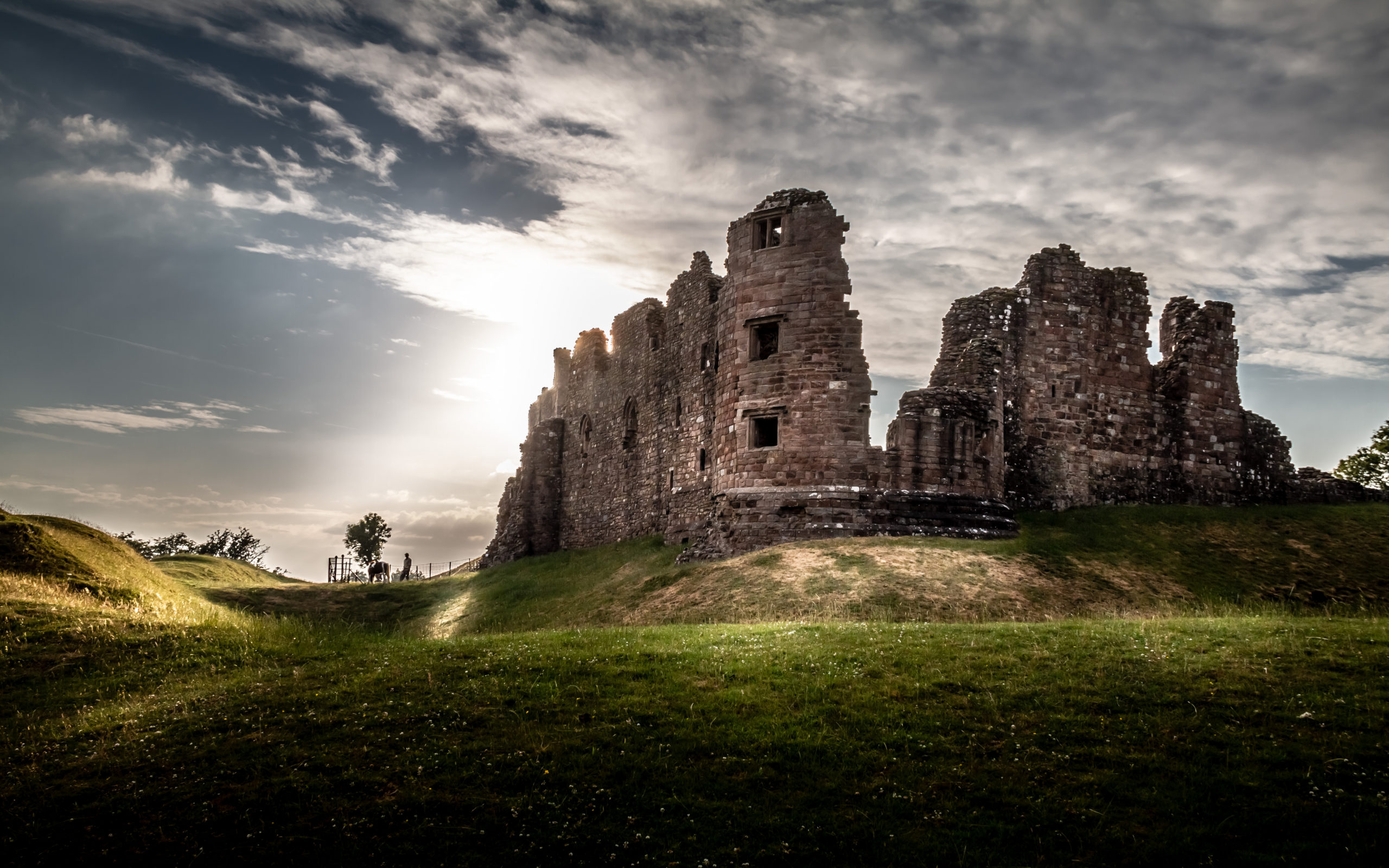The Lord of the Rings as a Defense of Western Civilization
Original ArticleWhen readers in England recently were asked to name “the greatest book of the century,” they chose J.R.R. Tolkien’s The Lord of the Rings. Many critics were scandalized, finding it incomprehensible that the public could honor a work the literary community had largely dismissed as old-fashioned, didactic, and escapist.
Yet the survey was far from a fluke. Tolkien’s writings have sold more than 100 million copies worldwide, spawned fan clubs and scholarly organizations, and inspired music and artworks by a number of gifted artists. Now Hollywood is releasing three major live-action motion pictures based on the saga.
What is so special about Tolkien’s work? Why is it still worth reading nearly a half century after its publication?
Of course, The Lord of the Rings is a spell-binding story. But it also is a remarkable, if implicit, defense of Western civilization — a defense that we sorely need. Tolkien did not create his work as some sort of allegory of current world affairs. Allegory was a form of writing that he disliked. But Tolkien wasn’t against what he called “applicability,” and he did not deny that his work could be applicable to many things in the contemporary world. It is in that spirit of “applicability” that Tolkien’s work may be read as a defense of Western civilization — that glorious melting pot of Greco-Roman, pagan Northern European and Judeo-Christian cultures.
In a literary sense, The Lord of the Rings might be regarded as a defense of the West by its virtual resurrection of the literary forms and themes from the West’s greatest cultures. In a century when writers and artists routinely scorned the wisdom of the past—an age dominated by the anti-heroes of the literary naturalists, the nihilism of the cultural relativists, the purportedly scientific atheism of writers on the brink of suicide — Tolkien’s work arrived like a bracing mountain wind, for it introduced modern readers to forms of literature that are unafraid to explore truth as well as ambiguity, beauty as well as ugliness, good as well as evil, and heroism as well as cowardice.
To read Tolkien is to read more than a thousand years of Western literature encapsulated into one tale. C.S. Lewis traced the roots of The Lord of the Rings back to The Odyssey. Tolkien himself wrote: “I was brought up in the Classics, and fi rst discovered the sensation of literary pleasure in Homer.” Tolkien’s mythology draws on the Oedipus plays, the Bible, and above all, the Norse sagas. As literary scholar Janet Blumberg has pointed out, Tolkien’s epic also draws on Anglo-Saxon and High Medieval writings. Tolkien defends the literature of Western civilization by showing his readers its breathtaking vitality.
In an even more profound sense, however, The Lord of the Rings is a defense of Western civilization because of its articulation of four overarching themes that serve as cornerstones for the entire Western tradition.
